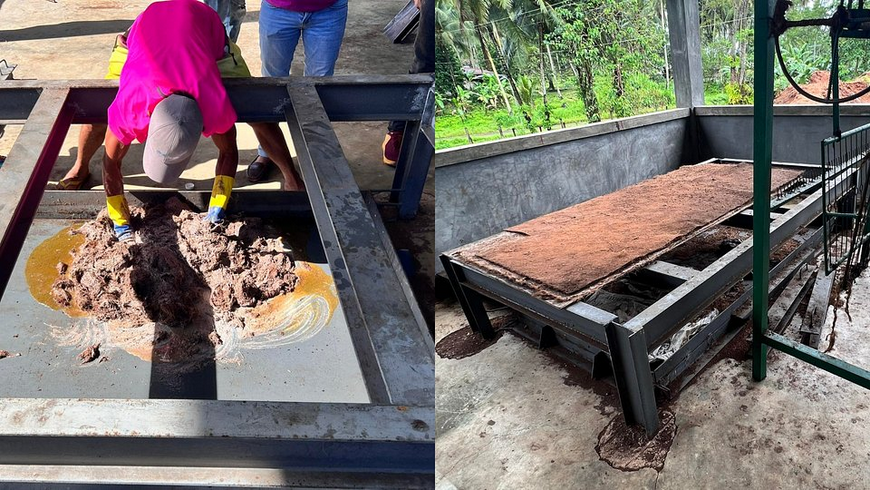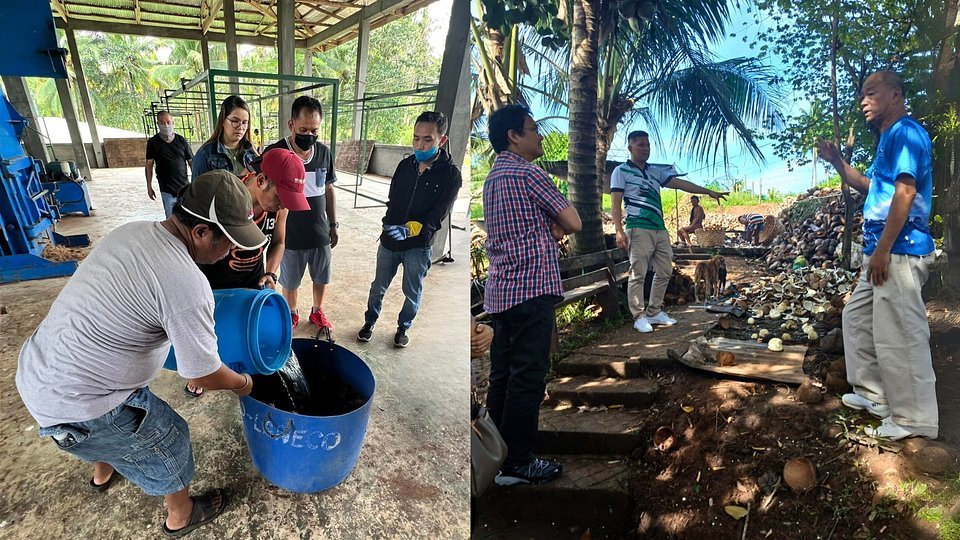Greenpeace Philippines has issued a strong call for urgent action on plastic pollution following a new study by New York University Langone Health, which linked phthalates—chemicals used in plastics—to over 350,000 deaths from heart disease globally in 2018.
Plastics Linked to Heart Disease
Phthalates are commonly found in products like food packaging and single-use plastics. The NYU study revealed alarming health impacts, directly connecting exposure to phthalates with cardiovascular fatalities.
Greenpeace Reaction: “Plastics Are Poisoning Our Bodies”
Reacting to the findings, Marian Ledesma, Zero Waste Campaigner at Greenpeace Philippines, warned:
“Plastics are poisoning our bodies. Every sachet, every single-use plastic produced, carries hidden health risks.”
![Plastic waste representation image [Photo by MART PRODUCTION: https://www.pexels.com/photo/clear-plastic-bottle-with-blue-lid-7767813/]](https://ecofriendlytip.com/wp-content/uploads/2024/12/pexels-mart-production-7767813-300x200.jpg)
Plastic waste representation image [Photo by MART PRODUCTION: https://www.pexels.com/photo/clear-plastic-bottle-with-blue-lid-7767813/]
She stressed that the Philippines’ heavy use of sachets and disposable plastic packaging—particularly for food, cosmetics, and hygiene items—puts millions at risk.
“Our country is drowning in single-use plastic, which could contain any of 4,200 hazardous chemicals… Sachets are used daily by millions and may expose people to these toxins.”
Call to Action: Plastic Ban and Reuse Systems
Greenpeace is urging the Philippine Congress to pass a law banning single-use plastics, starting with sachets. Ledesma also called for government and businesses to adopt reuse and refill systems that reduce plastic production at the source.
“Transitioning from single-use plastic to reuse and refill systems not only protects people’s health and food security—it also safeguards the health of our environment and climate.”
This latest scientific evidence adds urgency to Greenpeace’s long-standing campaign to address the entire plastic lifecycle, which has been linked to environmental degradation, climate change, and now, life-threatening health issues.
![Environmental groups warn that delays worsen the impacts of plastic pollution worldwide. [photo credit: Trixie Guerrero | Break Free From Plastics]](https://ecofriendlytip.com/wp-content/uploads/2025/08/GP0SU6DVW_PressMedia-2500px.jpg)
![Plastic waste remains a global issue despite years of recycling efforts [photo credit: Noel Celis | Greenpeace ]](https://ecofriendlytip.com/wp-content/uploads/2025/08/GP0SU6A0W.jpg)
![plastic waste representation image [Photo by Antoine GIRET on Unsplash ]](https://ecofriendlytip.com/wp-content/uploads/2025/06/antoine-giret-7_TSzqJms4w-unsplash-scaled.jpg)
![Greenpeace Philippines urges plastic reduction on World Environment Day 2025. [photo credit: Greenpeace Philippines website]](https://ecofriendlytip.com/wp-content/uploads/2025/06/29a8cc2e-gp0stvtcm-768x511-1.jpg)
![PET bottle waste used in road building draws criticism from environmental watchdogs in the Philippines. [Photo by Magda Ehlers from Pexels: https://www.pexels.com/photo/photo-of-plastic-bottles-2602537/]](https://ecofriendlytip.com/wp-content/uploads/2025/05/pexels-magda-ehlers-pexels-2602537-scaled.jpg)

![The Philippine Reuse Consortium 2 [Photo credit: Albert Lozada (Greenpeace PH)]](https://ecofriendlytip.com/wp-content/uploads/2025/01/The-Philippine-Reuse-Consortium-2-_-Photo-by-Albert-Lozada-Greenpeace-PH.jpg)
![Plastic waste representation image [Photo by MART PRODUCTION: https://www.pexels.com/photo/clear-plastic-bottle-with-blue-lid-7767813/]](https://ecofriendlytip.com/wp-content/uploads/2024/12/pexels-mart-production-7767813-scaled.jpg)




Leave a Reply